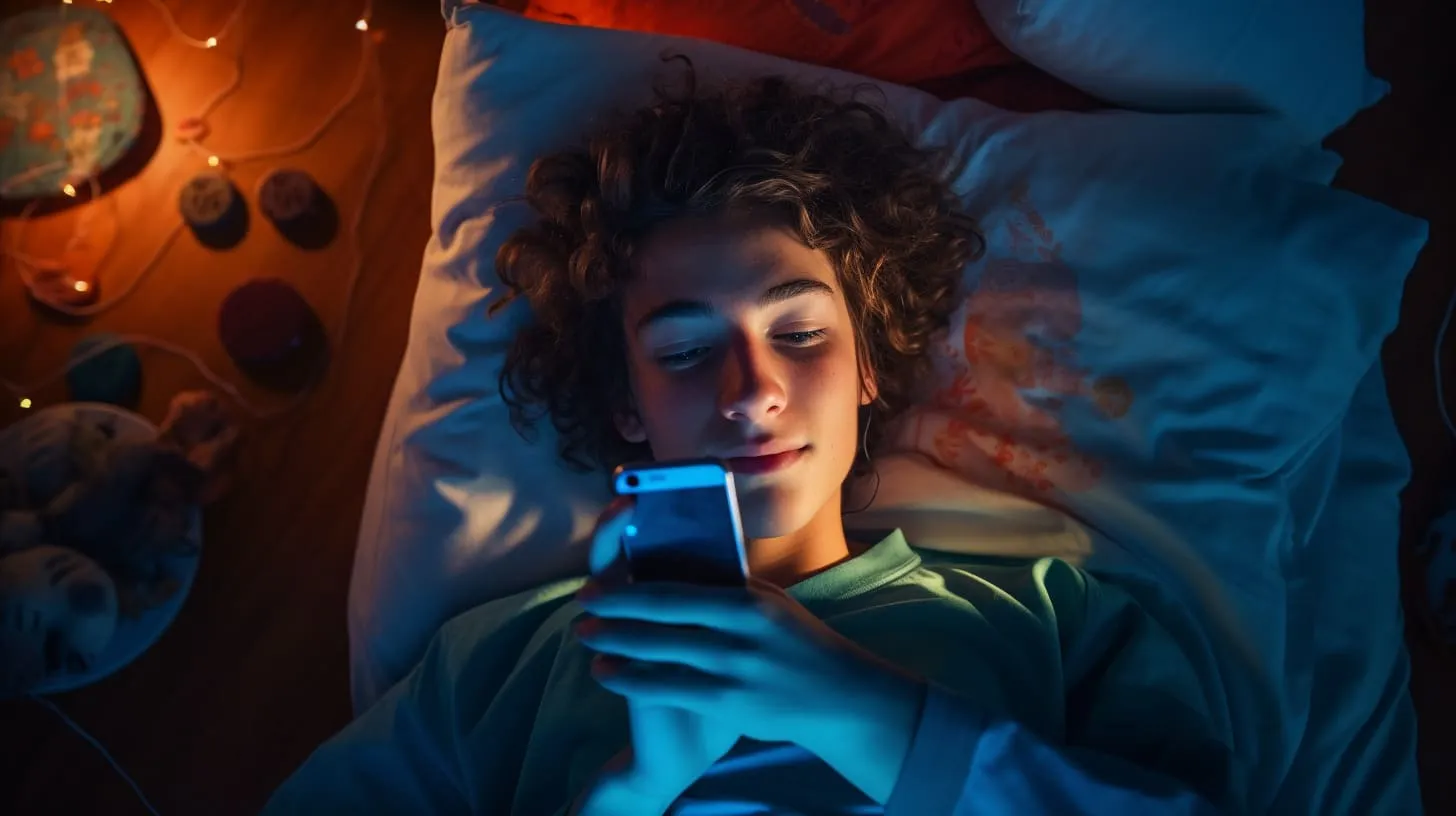Why Gen Z can’t get enough of short-form content

Why is Gen Z obsessed with short-form content?
In 2005, only 16% of the world’s population used the Internet. Today, that number exceeds 67%. But beyond access, the way Generation Z (born 1997–2012) consumes content has radically transformed. Gone are the days of long newspaper articles and hour-long documentaries as primary sources of information. Instead, 30-second TikToks, Instagram Reels, and YouTube Shorts are redefining how Gen Z engages with media, learns new information, and shapes culture.
Gen Z craves immediacy. They want to laugh, learn, or feel inspired within seconds. The digital world is their playground, and short-form content is the game they master. But is this obsession making them more innovative, distracted, or simply different? To understand this phenomenon, we must dive into their digital consumption mechanics.
The science of Gen Z’s attention span: myth or reality?
A common criticism of Gen Z is their supposed inability to focus. They are often accused of having shorter attention spans and constantly jumping from video to video without going deep. But the reality is more nuanced. Their attention hasn’t declined—it has evolved.
Think of it not as a loss of focus but as a heightened filter. Gen Z navigates a digital ocean where information floods from every direction. They’ve developed a survival mechanism: selective attention. In the blink of an eye, they judge whether a piece of content deserves their time. If it does, they’ll dive in—fully immersed, like binge-watching a Netflix series for hours. If not, they swipe away without a second thought.
A 2023 Microsoft study found that the average human attention span decreased from 12 seconds in 2000 to 8.25 seconds today. But this doesn’t mean Gen Z can’t focus intensely; it means they demand instant engagement before committing their attention. They aren’t distracted; they’re decisive.
From Hollywood to HR: The Gen Z short-form takeover
The influence of short-form content extends far beyond entertainment. It’s rewriting the rules of marketing, journalism, education, and even workplace communication.
Three seconds. That’s how long you must grab a Gen Z viewer before they scroll away. Brands can no longer rely on long TV commercials or detailed blog posts. The message must be immediate, authentic, and impactful. A polished advertisement feels suspicious, while a behind-the-scenes, raw video gains trust. It’s not about perfection; it’s about connection.
Nike understands this, creating 15-second Reels that inspire with minimal words. Duolingo entertains on TikTok, using humor to engage. The trick isn’t just to sell but to relate, to resonate. The old marketing funnel has collapsed, replaced by micro-moments of influence.
This shift isn’t just in advertising; journalism is evolving, too. Traditional news formats are giving way to quick explainers and bite-sized analyses. Vox delivers news in 60-second TikTok videos, while Instagram carousels simplify complex issues. Gen Z doesn’t want less information; they want better-curated content.
The downside: is Gen Z losing depth?
Every revolution has its consequences. The rise of short-form content brings risks we can’t ignore. In the race for instant engagement, nuance often gets lost. How do you explain climate change or political conflict in 30 seconds? The answer is: you don’t.
This oversimplification creates fertile ground for misinformation. Viral clips, stripped of context, can distort facts. The cycle of endless scrolling, driven by dopamine hits, also raises concerns. When stimulation is constant, patience for deep, reflective content diminishes.
Are we trading depth for convenience? Is Gen Z losing the ability to engage with complexity? Or are they simply developing a new way to learn that values efficiency over verbosity? These questions remain open, challenging educators, creators, and parents alike.
What’s next? The future of Gen Z’s content & attention
So, what does the future hold? Are we doomed to a world of superficiality, or are we witnessing a new form of cognitive efficiency?
Long-form content won’t disappear; it will evolve. Documentaries, books, and articles will become more interactive, modular, and personalized. AI will refine content feeds, ensuring meaningful engagement. Gen Z might discover new ideas through short-form snippets, then dive deeper when curiosity is piqued. This hybrid consumption model could redefine how knowledge is acquired.
Final thought: is Gen Z consuming smarter?
Short-form content isn’t just changing Gen Z’s attention spans—it’s changing how they decide what deserves their attention. Rather than dismissing it as a distraction, we should ask: how can we use this shift to our advantage? If we adapt, perhaps we can inspire depth even in 30 seconds.
Frequently asked questions (FAQ)
Capture Gen Z’s attention?
Struggling to connect with Gen Z through meaningful content? Let’s create a short-form strategy that aligns with their unique digital habits and leaves a lasting impact. If you want to adapt your communication approach, craft engaging short-form content, or uncover what truly resonates with Gen Z, we are here to help you. From tailored workshops to strategic consulting and creative sessions, let’s collaborate to make your message matter.
You may also like these articles
Explore our collection of articles decoding youth culture, Gen Z, and Gen Alpha.







